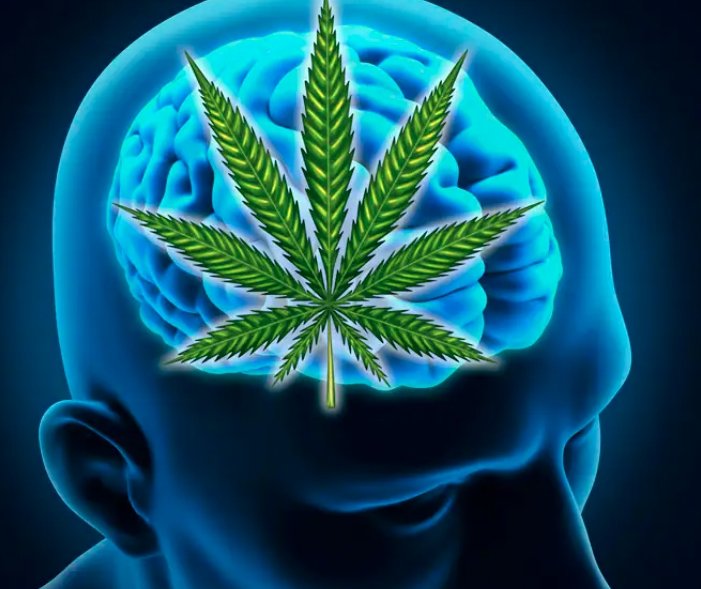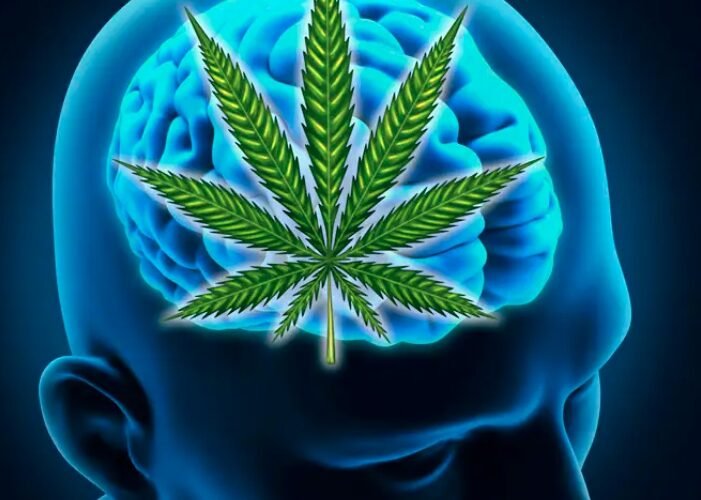Edinburgh, June 5, 2024 – The relationship between cannabis use and its impact on the brain has long intrigued researchers and the public alike. As we delve into the complexities of this topic, let’s explore the latest findings.
The Controversy Surrounding Cannabis
Cannabis, commonly known as marijuana, has a storied history. Some hail it as a medicinal marvel, while others raise concerns about its potential long-term effects. What happens to the brain when cannabis becomes a regular companion?

The Mendelian Randomization Approach
Researchers have turned to Mendelian randomization (MR) analysis to untangle the web of cannabis-related brain effects. By leveraging genome-wide association study (GWAS) data, they aim to understand causal relationships. Specifically, they investigate the impact of cannabis use disorder (CUD) and lifetime cannabis use (LCU) on brain health.
Surprising Results
The MR analysis challenges conventional wisdom. Genetically predicted CUD and LCU show no causal link to adverse brain effects. In other words, cannabis use doesn’t directly harm brain function. Whether it’s memory, cognition, or mood, the evidence remains inconclusive.
Implications and Future Research
As we navigate the cannabis landscape, understanding its impact on the brain remains crucial. Whether you’re a proponent or skeptic, this research reminds us that the brain’s intricacies defy easy answers.




